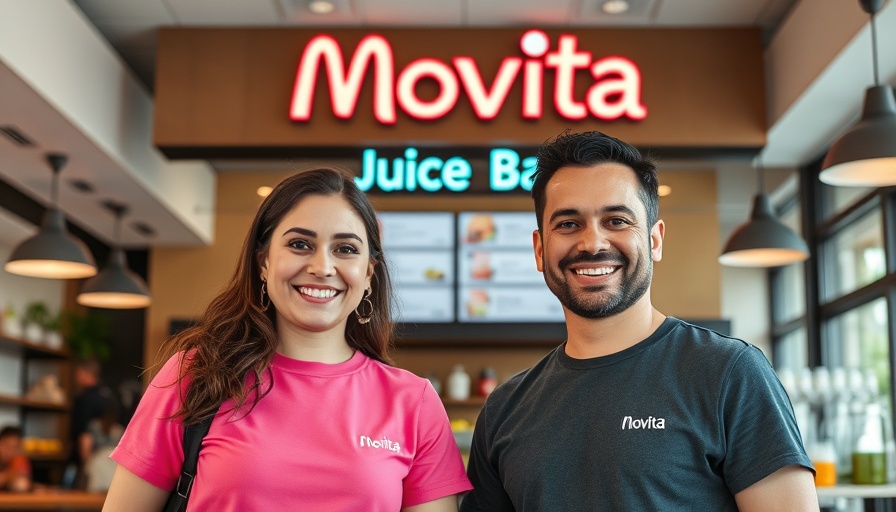
Building a Franchise: The Importance of Company Culture
In the rapidly growing world of franchising, where brand recognition and support systems are paramount, the cultural alignment between franchisors and franchise owners emerges as a critical factor for sustained success. Often overshadowed by financial metrics and operational procedures, a positive company culture stands tall as a dynamic force that not only fosters motivation but also enhances performance across locations.
What Drives Franchise Success? Values Matter
When investigating franchise opportunities, potential franchisees frequently consider the conventional factors: fees, support, and branding. However, shared values between franchisors and franchise owners may play the most significant role in determining long-term success. A positive, values-driven culture should be at the forefront of decision-making; it creates an environment where franchisees feel empowered to align their personal goals with the objectives of their franchisor.
Embracing Community: Personalizing the Franchise Experience
Buying into a franchise isn't merely a business transaction; it's an immersive lifestyle adjustment. Franchise owners can successfully weave their personality, management styles, and community involvement into the core business model. This personalization could manifest as cultivating relationships with customers through tailored interactions or enhancing local marketing efforts through participation in community events.
The franchise model grants owners the autonomy to manage operations while adhering to a proven framework. This balance encourages creativity and innovation, allowing the franchise locations to thrive through local community engagement.
Support Networks: More Than Just Initial Training
After onboarding, the ongoing support from franchisors becomes a pivotal consideration for franchise candidates. Entrepreneurs typically favor the franchise model over independent ventures due to the promise of continued assistance. This support often encompasses elements such as marketing strategies, technology access, and recognition programs that celebrate high-performing franchise owners.
A strong franchise culture characterized by transparency and ongoing support can foster a sense of community among franchisees. When owners feel recognized and valued instead of merely 'numbered' locations, their motivation and performance notably increase.
Cultural Alignment: A Journey, Not a Destination
As franchises consist of diverse locations governed by different owners, establishing a cohesive culture can prove challenging. This is where the role of corporate headquarters becomes crucial. The discovery phase for potential franchisees should emphasize not just operational protocols but also opportunities for community involvement and local engagement.
A healthy franchise system nurtures a family-like environment where franchisees feel significant and supported. It necessitates clarity in communication from the franchisor regarding mutual responsibilities, ensuring that both parties understand their roles and contributions to the overarching culture.
Future Predictions: Trends Shaping Franchise Culture
Looking ahead, the evolution of franchise culture will likely focus on adaptability and resilience. As the economic landscape changes, so too will the demands placed upon franchise systems. Franchisors that prioritize cultural flexibility—to quickly adapt to shifts in market dynamics—may find themselves leading in the competitive arena.
Moreover, franchises that effectively integrate sustainability practices and community engagement into their operational ethos can cultivate a loyal customer base while reinforcing their brand's positive culture.
Take Action: Align Your Franchise with Culture
Before making a franchise investment, franchisors and prospective franchisees should engage in candid discussions about cultural fit and shared values. Understanding how each party can contribute to the overall culture not only lays the groundwork for operational success but for meaningful community interactions. This alignment ultimately defines the franchise experience, resulting in enhanced performance metrics and sustained growth.
 Add Row
Add Row  Add
Add 




Write A Comment